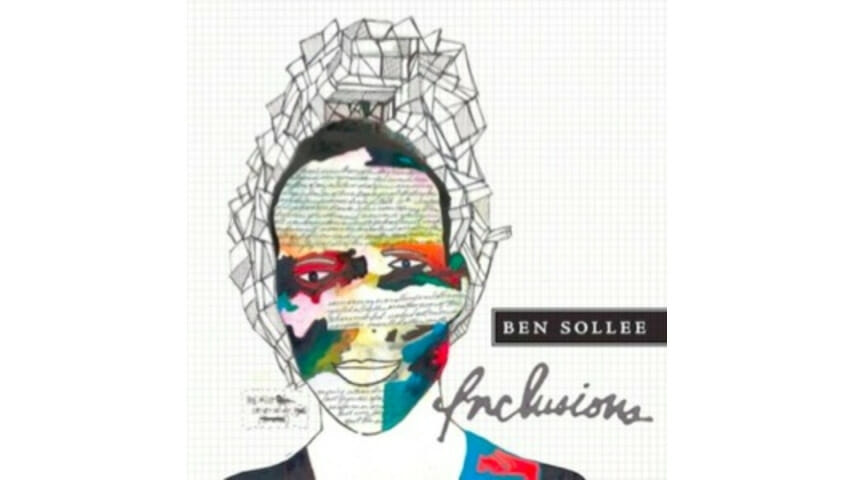Ben Sollee: Inclusions

There aren’t too many singer-songwriter-cellists operating in today’s indie world, but then again, there’s very little that’s ordinary about Ben Sollee. A Kentucky boy, Sollee grew up studying classical music but worshipping Lauryn Hill. He played cello in The Sparrow Quartet, a bluegrass-based band with Chinese lyrics. He’s a political activist—not just a pretend one: He teamed with My Morning Jacket’s Yim Yames and folk songwriter Daniel Martin Moore for the Dear Companion project, which was recorded and toured behind in protest of the controversial Appalachian mining practice known as mountaintop removal. Oh, and he’s also known for touring across the country in a freaking superhuman bicycle.
With such an unusual human being resume, there’s a lot that could distract from Sollee’s music. And that’s a shame. His first two albums made quiet splashes with the jam/folk crowd, but so far, he’s picked up more press for everything else than his own recorded output. Being buddies with My Morning Jacket has helped some—not only did the Dear Companion album turn out to be an amazing little project in its own right (with Sollee stealing the show with his sharp lyrical wit and terrific folk stylings) but he’s also taken his musical bond with Yames to the next level, recording cello parts on several tracks for My Morning Jacket’s upcoming sixth album, Circuital.
-

-

-

-

-

-

-

-

-

-

-

-

-

-

-

-

-

-

-

-

-

-

-

-

-

-

-

-

-

-

-

-

-

-

-

-

-

-

-

-








































